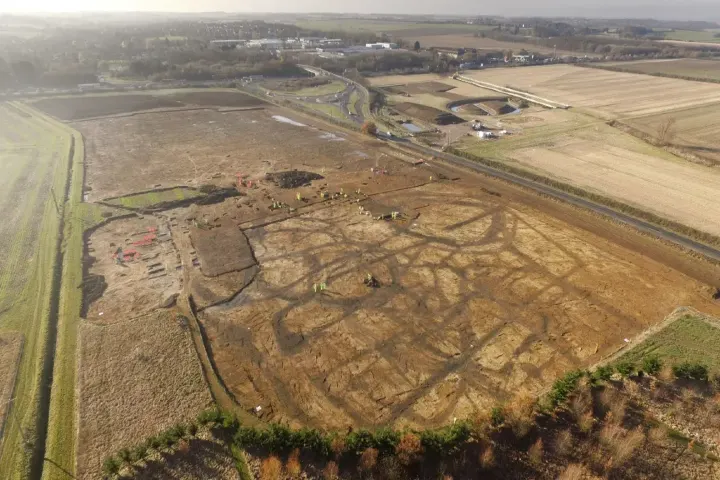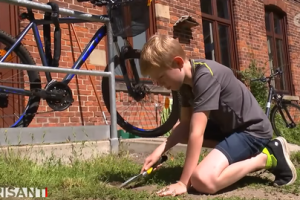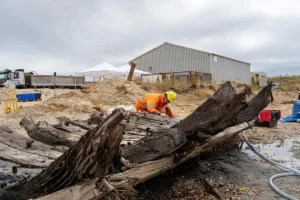Mystery shrouds the discovery of a pit in England in which 8,000 frogs and toads bones that are at least 2,000 years old were found. Historians and archaeologists wonder as to how these shattered bones reached there as per a report in livescience.com.
There are varied suggestions as to how these creatures landed there.
In a statement, Vicki Ewens who is working as a senior archaeozoologist at the Museum of London Archaeology said: “This is a puzzling and unexpected find, which we are still trying to fully understand. This accumulation of frog remains may have been caused by a number of different factors, possibly interacting over a long period of time."
These remains were discovered at an ancient settlement in Bar Hill located in England’s Cambridgeshire. It was used during the period from 400 BC to 70 AD.
What is indeed interesting is that these bones belonging to at least 350 individual toads and frogs, don’t exhibit any sign of being consumed by people or animals.

Some of the bones found in the pit
Scientists have come out with several possibilities as to how these bones got into the ditch.
In their statement, archaeologists suggested that the amphibians were on the move in large numbers looking for water to mate when they accidentally fell in the ditch to perish.
One theory postulates their getting affected by a deadly virus and getting wiped out in large numbers. The researchers cited the example of the incident that occurred in the 1980s when many frogs in the United Kingdom died due to Ranavirus.
Many feel that cruel cold winters could have also killed the creatures. Another view suggests that the frogs and toads were attracted to the site by insects like aphids and beetles present there because of the grain from the roundhouse. After eating them, unable to get out of the ditch, they died there.
Many scholars who were not part of the study too were thrilled by this discovery.
In an email to Live Science, Roland Knapp, who is a research biologist at the University of California Santa Barbara’s Marine Science Institute, wrote: "This is a fascinating find. There is no way to know whether a pathogen/disease was responsible, but the suggestion [that] the frogs could have fallen into the ditch of the roundhouse during migration and were unable to climb out seems reasonable as a 'best guess’.”
Knapp has written about amphibians extensively.
The site at Bar Hill was excavated by the archaeologists before a construction project to expand a highway was started.




















